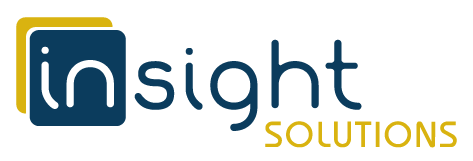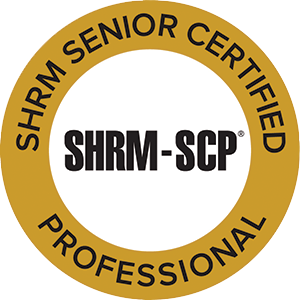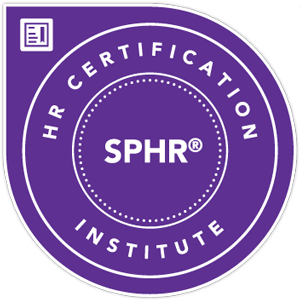If you ask 15 people what leadership is, you will probably receive 15 different responses. We all know what it looks like when we see it. Leaders inspire and motivate us.
There may be strong leaders among the mix of your employees that you may not even realize. Discovering these employees and fostering a leadership culture may boost profits and create a strong working environment for all employees.
Manager vs Leader
Not every manager is a great leader and many rank and file employees are strong leaders. Although the terms manager and leader are often used interchangeably, they are different roles. Leadership is needed at all levels and positions. Not every strong leader will turn into a manager and that is OK. Embracing the idea that having great leaders scattered throughout the organization is key.
Leadership Style
Everyone leads in different ways. While we will not go into detail here, become familiar with different leadership styles. In a Harvard Business Review study from 2000, Daniel Goleman summed up various leadership styles and research discovered that leadership style was responsible for 30% of the company’s bottom-line profitability. He outlined six different type of leadership. From a pacesetting leader to a democratic leader, different styles can be utilized at different times. Leadership can and should be situational based on the needs of the team.
Getting From Here to There
Cultivating a leadership culture may take time. It may be challenging if the culture did not recognize leaders at all levels previously and may require training implement. The entire organization must buy in and be involved to make it work. Gathering feedback from all levels of employees is critical to the success in building a leadership culture. Schedule regular meetings to obtain feedback from management and employees on what is working and clearly communicate expectations of all employees.
Empower employees in non-supervisory roles to make decisions. Providing decision making exposure to all employees will develop leadership skills. Allow these new leaders to voice concerns and take part in business strategy. Provide opportunities to them to lead projects. Understand that mistakes will be made. Decide how to handle these mistakes ahead of time as the reaction from the boss may make or break a future leader.
After you have current employees on board, the next step to ensure the continuity of this new leadership culture is building it into the hiring process. Review the recruitment process to seek out the people that will fit your new leadership culture. When you identify these individuals, ask them to refer your business to others. Mention the culture in job descriptions and recruiting materials.
Fostering a leadership culture touches all employees in an organization. It takes planning and forethought. Remember, the outcome is worth it.





 I came across an interesting statistic published by AON. It was discovered 54% of US women feel they are “paid fairly for the work they do” vs 65% of US men. There may be various reasons behind this statistic, but negotiating your salary is something that many people do not feel comfortable with.
I came across an interesting statistic published by AON. It was discovered 54% of US women feel they are “paid fairly for the work they do” vs 65% of US men. There may be various reasons behind this statistic, but negotiating your salary is something that many people do not feel comfortable with.
 A career coach supports and encourages clients on their careers. With guidance from a career coach, a client sets clear professional goals, establishes a plan and receives assistance on executing the plan. These clients could be seeking help with finding a job, life and work balance, a career transition or leadership development.
A career coach supports and encourages clients on their careers. With guidance from a career coach, a client sets clear professional goals, establishes a plan and receives assistance on executing the plan. These clients could be seeking help with finding a job, life and work balance, a career transition or leadership development.



